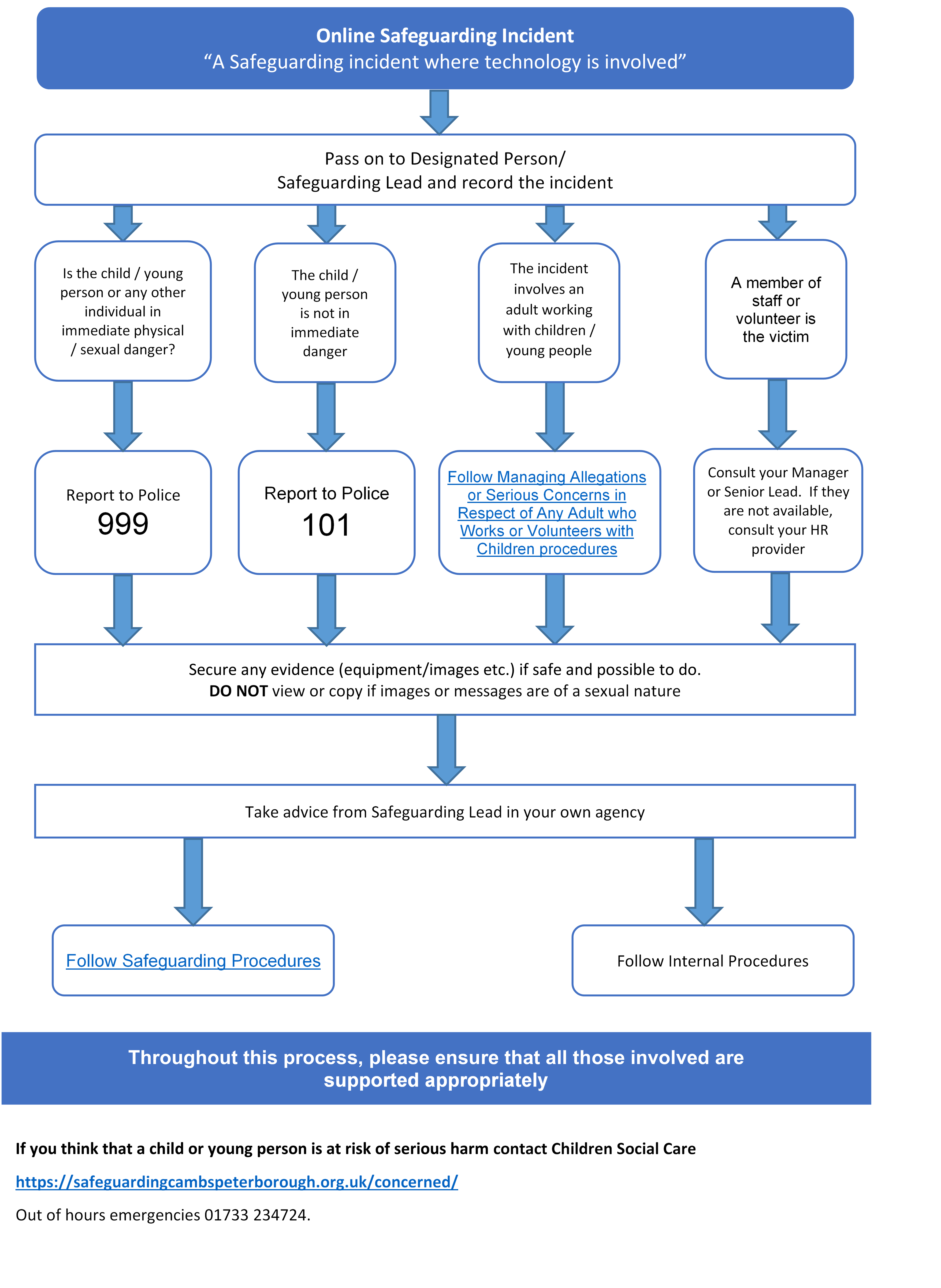Legionella Prevention In Vorarlberg: Safeguarding Public Health
Editor's Notes: Understanding Legionella Prevention In Vorarlberg: Safeguarding Public Health
Legionella is a type of bacteria that can cause Legionnaires' disease, a serious lung infection. Legionella bacteria are found naturally in water, but they can grow and multiply in man-made water systems, such as cooling towers, hot water tanks, and plumbing systems.
In Vorarlberg, Austria, Legionella prevention is a top priority for public health officials. The Vorarlberg government has implemented a number of measures to prevent the spread of Legionella, including:

PHCT | Mikado - Source mikado.biz
- Requiring all public buildings to have a Legionella risk assessment
- Providing training for building owners and operators on how to prevent the growth and spread of Legionella
- Inspecting public buildings regularly for compliance with Legionella prevention regulations
- Providing financial assistance to building owners and operators for the implementation of Legionella prevention measures
- Conducting public awareness campaigns about the dangers of Legionella and how to prevent infection
These measures have been successful in reducing the number of Legionnaires' disease cases in Vorarlberg. In 2016, there were only two cases of Legionnaires' disease reported in Vorarlberg, compared to 10 cases in 2015. This decline in cases is a testament to the effectiveness of the Vorarlberg government's Legionella prevention measures.
Legionella prevention is an important public health issue. Legionella bacteria can cause serious illness, and it is important to take steps to prevent the spread of this bacteria. The Vorarlberg government's Legionella prevention measures are a model for other governments to follow.
FAQ
This FAQ section provides essential information to address common questions and concerns regarding Legionella prevention in Vorarlberg, ensuring public health and safety.

Nursery Safeguarding Policy 2024 - Source guidearredobamgt.z21.web.core.windows.net
Question 1: What is Legionella and why is it a concern?
Legionella is a bacteria that can cause Legionnaires' disease, a severe form of pneumonia. It thrives in warm, stagnant water environments, making it a potential hazard in cooling towers, hot water systems, and other water distribution networks.
Question 2: What are the symptoms of Legionnaires' disease?
Symptoms can vary but often include fever, chills, muscle aches, and shortness of breath. Early detection and treatment are crucial to prevent serious complications.
Question 3: How is Legionella transmitted?
Legionella is not transmitted through direct contact with an infected person. It is typically inhaled as water droplets from contaminated water sources.
Question 4: What are the preventive measures to reduce Legionella risk?
Effective preventive measures include regular maintenance of water systems, keeping water temperatures above 60°C or below 20°C, and using biocides to control microbial growth.
Question 5: What role does monitoring play in Legionella prevention?
Regular monitoring of water systems is essential to detect and address potential Legionella growth. Water testing and analysis allow for timely intervention and implementation of corrective measures.
Question 6: Where can I find more information on Legionella prevention?
Additional resources and guidance on Legionella prevention can be obtained from the Vorarlberg Health Authority and the Austrian Society for Hygiene, Microbiology, and Preventive Medicine.
In conclusion, Legionella prevention is a crucial aspect of public health. By understanding the risks, implementing preventive measures, and conducting regular monitoring, we can effectively safeguard the health and well-being of the community.
Continue reading for further insights into Legionella control and its significance in maintaining a safe and healthy environment.
Tips
To ensure public health, consider the following tips from Legionella Prevention In Vorarlberg: Safeguarding Public Health to prevent Legionella bacteria growth in water systems.
Tip 1: Regularly Maintain Water Temperature
Keep cold water below 20°C (68°F) and hot water above 50°C (122°F) to inhibit Legionella growth. Consider installing thermostatic mixing valves to ensure consistent temperatures.
Tip 2: Eliminate Stagnant Water
Avoid dead-legs in piping and ensure regular water flow. Remove unused outlets and flush all taps weekly if infrequently used.
Tip 3: Use Approved Biocides
In certain cases, approved biocides can help control Legionella. However, regular monitoring and maintenance are still essential.
Tip 4: Inspect and Clean Water Systems
Regularly inspect and clean water systems, including cooling towers and evaporative condensers, to remove biofilm and scale buildup that can harbor Legionella.
Tip 5: Conduct Risk Assessments
Identify high-risk areas for Legionella growth, such as healthcare facilities, hotels, and spas. Implement appropriate control measures and monitoring protocols.
Tip 6: Train Staff and Tenants
Educate staff and tenants about Legionella risks and prevention measures. Encourage prompt reporting of any symptoms to healthcare professionals.
Tip 7: Monitor and Test Water Quality
Regularly monitor water quality to detect Legionella and other harmful bacteria. Implement appropriate actions based on test results.
Tip 8: Collaborate with Local Authorities
Maintain open communication with local health authorities for guidance, resources, and support in preventing and controlling Legionella outbreaks.
By implementing these tips, we can effectively safeguard public health and minimize the risk of Legionella infections in our communities.
Legionella Prevention In Vorarlberg: Safeguarding Public Health
Legionella prevention in Vorarlberg is essential for safeguarding public health. Its multifaceted nature encompasses many key aspects that contribute to effective prevention.
- Water Management
- Monitoring and Inspection
- Public Awareness
- Research and Development
- Collaboration and Partnership
- Legal Framework
Water management practices ensure safe drinking water, while monitoring and inspection detect potential risks. Public awareness campaigns educate people about Legionella. Research and development contribute to the advancement of prevention techniques. Collaboration and partnerships strengthen efforts, and a strong legal framework provides the basis for enforcement. By addressing these aspects, Vorarlberg effectively prevents Legionella, safeguarding the health of its citizens.

EOC-Konferenz: Safeguarding & Female Athlete Health | Olympiazentrum - Source olympiazentrum-vorarlberg.at
Legionella Prevention In Vorarlberg: Safeguarding Public Health
Legionella prevention is crucial in Vorarlberg, Austria, as it safeguards public health. Legionella is a potentially fatal bacterium that can cause Legionnaires' disease, a severe form of pneumonia. It is found in natural water sources and can multiply in man-made water systems, like cooling towers, hot water tanks, and showers. The primary focus of Legionella prevention is to control its growth and spread in these systems.

EOC-Konferenz: Safeguarding & Female Athlete Health | Olympiazentrum - Source olympiazentrum-vorarlberg.at
In Vorarlberg, stringent measures are in place to ensure Legionella prevention. These include regular monitoring of water systems, prompt disinfection when necessary, and public awareness campaigns. Implementation of these measures has significantly reduced Legionella outbreaks, demonstrating the effectiveness of proactive prevention strategies. The successful Legionella prevention in Vorarlberg serves as a model for other regions and highlights the importance of prioritizing public health through effective water management practices.
The connection between Legionella prevention and safeguarding public health is evident. Preventing Legionella growth minimizes the risk of Legionnaires' disease, ensuring a healthier environment for the community. Continued vigilance and adherence to best practices will sustain the positive outcomes achieved in Vorarlberg, safeguarding public health for years to come.